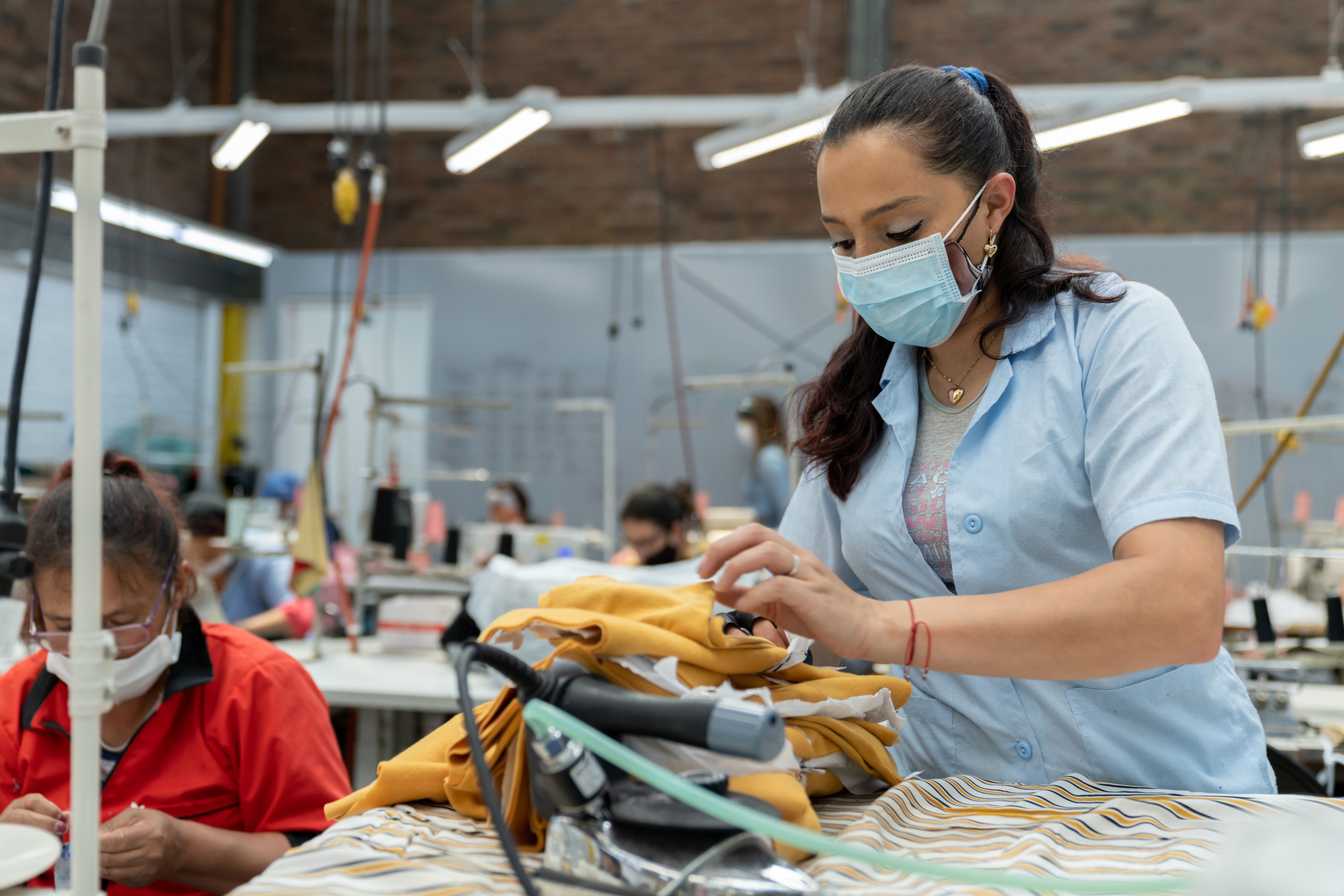Most scholars researching historical living standards have used men’s urban wages as a proxy for household income because they are globally available for the past 500 years and thus allow for regional and temporal comparisons. However, focusing on urban male breadwinners for research on household living standards is misleading for at least three reasons. First, access to subsistence resources, notably land, has historically been the most important determinant of living standards. Second, women and children in most world regions worked for wages, among others in the rapidly expanding textile industries of the nineteenth and twentieth centuries. Third, households rarely relied on wages alone. Households’ income composition depended on local labour market structures, access to land, social norms, life-cycle changes, and wage rates.
This conference aims to move beyond the use of men’s real wages and instead use household income to reconstruct historical living standards. We want to bring together scholars from different disciplines working on household income diversification during the past 250 years. In our contemporary world, the estimation of the “informal” part of the economy, is a particular challenge, as looking at formal national accounts and aggregate per capita income may not capture actual standards of living and economic development. We want to explore how our historical and present-day images of economic growth and inequality within and between societies changes when looking at total household income as opposed to formal, fulltime male wages. We encourage contributions from both the Global North and the Global South that approach this topic from a comparative perspective.
We welcome contributions on household income diversification, the combination of textile/craft work and/or other crafts and services with other forms of labour and more generally on gender relations and labour allocation between different generations. This workshop aims to bring all these elements together to generate fruitful discussion between historians, (development) economists, anthropologists, sociologists, and others working on these topics with an interdisciplinary publication as the end result.
Please send your abstract (circa 400 words) before 15 January 2023 to dr. Sarah Carmichael ([email protected])
